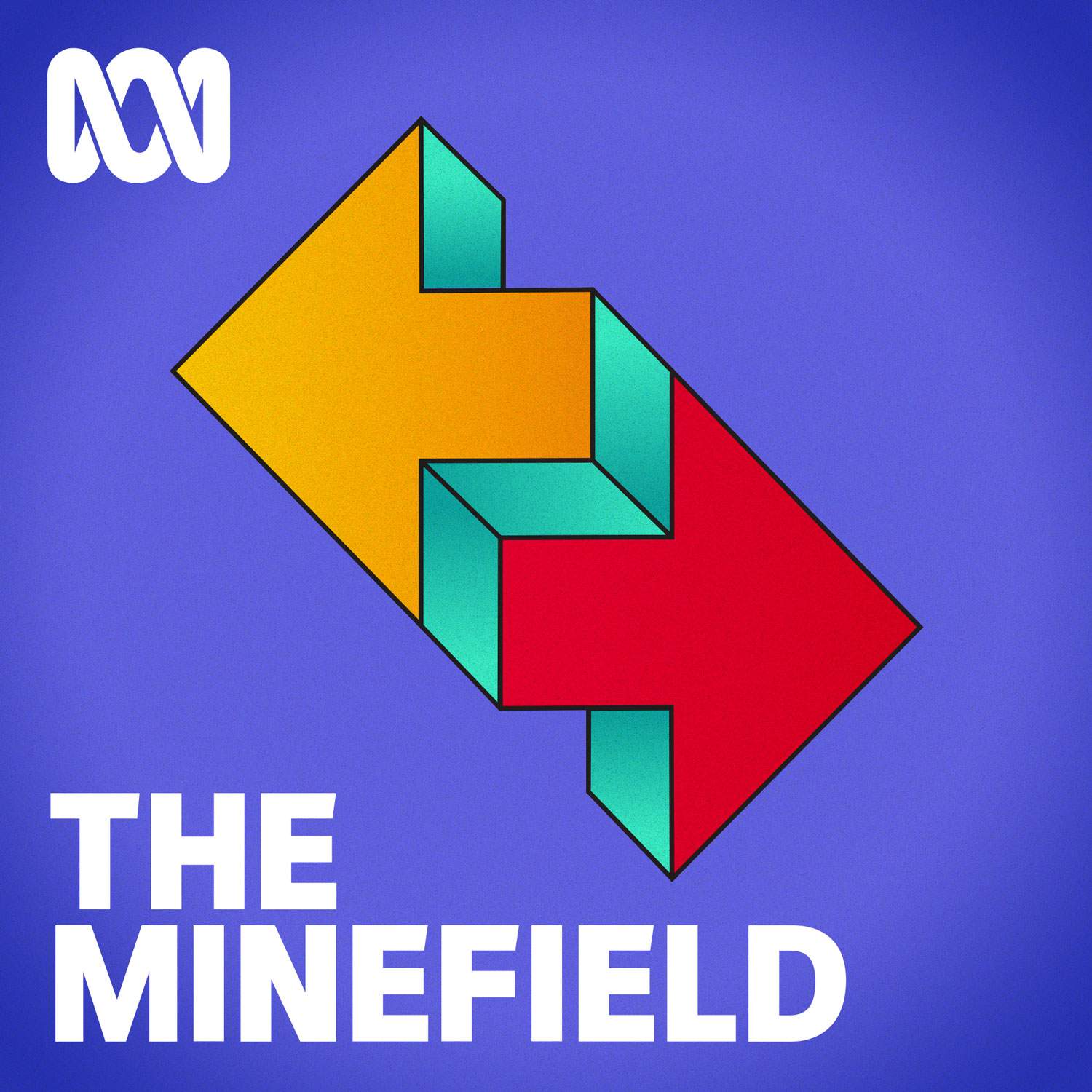

The Minefield
ABC
In a world marked by wicked social problems, The Minefield helps you negotiate the ethical dilemmas, contradictory claims and unacknowledged complicities of modern life.
Episodes
Mentioned books

Apr 26, 2023 • 54min
Martial virtues, military conditioning, and moral damage
Can soldiers be trained to kill their fellow human beings without that training doing irreparable damage to the moral lives of the soldiers themselves?

Apr 19, 2023 • 54min
“An eye that cannot weep” — What does compassion demand of us?
In the final episode of our Ramadan series, we explore the roots of our occasional heedlessness when confronted by the plight and pleas of another person: What could make us callous to their suffering, and how should we respond?

Apr 12, 2023 • 54min
“Knowledge that does not benefit” — On the uses and abuses of information
In the fourth instalment of our Ramadan series, we discuss whether “knowledge” which is wielded in a way that demeans others, or which is accumulated as a form of vanity, can really be considered beneficial?

Apr 5, 2023 • 54min
“A soul that will not be satisfied” — The problem of human restlessness
Richard College, an Associate Professor of Philosophy at Australian Catholic University, dives into the depths of human restlessness and the ancient philosophical insights that illuminate it. He explores the Arabic concept of 'nafs' as a symbol of our discontent and the vital connection between breath and spirit. The discussion highlights the struggle between ambition and tranquility, contrasting material pursuits with a quest for deeper fulfillment. College also emphasizes the importance of aligning desires with a transcendent purpose for true contentment.

Mar 29, 2023 • 54min
“A prayer that is not heard” — The dangers of ego-centric speech
Ego-centrism is a form of inattentiveness, a failure to be responsive to the moral reality of another person. In this second instalment in our Ramadan series, we explore how such inattentiveness can corrupt our words and actions.

Mar 22, 2023 • 60min
“A heart that cannot humble itself” — The virtue of intellectual humility
What does it mean to be intellectually humble? How might such humility be cultivated? What are its benefits — both to ourselves and to those around us?

Mar 15, 2023 • 60min
Should Fawlty Towers’ farcical vision of Britain be “rebooted”?
Now that John Cleese has announced that the iconic series will return, it’s worth examining what made Fawlty Towers a masterpiece — and whether its interaction with the political climate of the 1970s had anything to do with it.

Mar 8, 2023 • 60min
What does the failure of Robodebt tell us about the government’s “duty of care”?
In this discussion with Kate Harrison-Brennan, Director of the Sydney Policy Lab, the focus is on the damaging fallout of the Robodebt scheme. She examines how automated systems dehumanized welfare recipients, inflicting emotional trauma and stigma. The talk highlights the disturbing societal attitudes towards poverty and the moral implications of viewing welfare as a failure rather than support. Harrison-Brennan advocates for a compassionate, accountable welfare system that prioritizes dignity and care for the vulnerable, challenging bureaucratic biases.

Mar 1, 2023 • 60min
What does it mean to be a moral parent?
Even though we rarely frame it in these terms, it is hardly inappropriate to refer to the relationship between a parent and a child as a moral relationship. Professor Luara Ferracioli joins Waleed Aly and Scott Stephens to explore the nature, and limits, of that relationship.

Feb 22, 2023 • 60min
Should early childhood education be compulsory?
Ryan Cox, an Associate Lecturer in Philosophy at the University of Sydney, dives into the pressing issue of mandatory early childhood education. He discusses how access to education can serve as a pillar of social equality. The conversation touches on the emotional weight of early learning experiences and the misconceptions surrounding childcare versus education. Cox also emphasizes the vital role early education plays in promoting democratic values and equitable opportunities for all children, challenging us to rethink our educational systems and societal norms.


